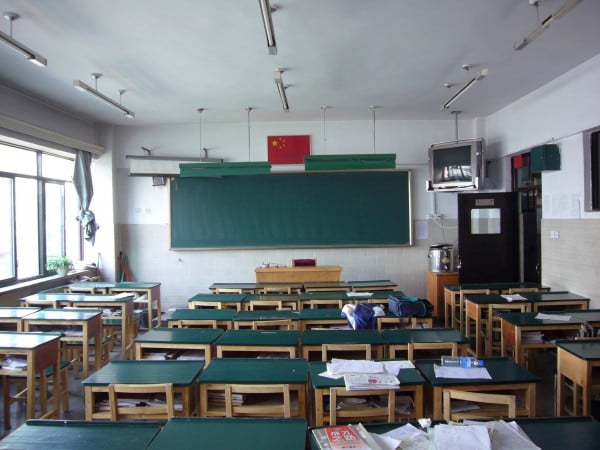People
Chinese Education System Killing Off Next Generation of Artists


Zoe Li

Jack Ma, CEO of Alibaba Group, the biggest online e-commerce company in China, has a few things to say about creativity in his country. Speaking at a conference in Shanghai earlier this week, Ma blamed a lack of creativity among younger generations of the Chinese population on the country’s boring education system.
Global education surveys show that Chinese students routinely score among the highest on standardized tests. But those tests don’t show how students handle critical thinking or demonstrate their level of creativity and analytical capacity.
Ma believes that China’s education system isn’t allowing kids enough chance to just mess around, have fun, and generally be kids. He cites this lack of fun as the culprit suppressing the students’ artistic and creative talents.
“I graduated from Hangzhou Normal University, but if I’d gone to Tsinghua or Peking University I might be a researcher today. Because I went to Hangzhou Normal University, I got my cultural education by having fun. Kids who know how to have fun, are able to have fun, and want to have fun, generally have bright futures,” says Ma. “Many painters learn by having fun, many athletes learn by having fun, many works [of art and literature] are the products of having fun.”
From a scientific point of view, Ma is not far from the point. According to David Brooks, author of The Social Animal, learning, memory, and creativity is related to our emotions—the joy, despair, anger, or triumph that we feel is necessary for us to memorize and process new information and experiences.
The rote learning experience of a Chinese classroom tends to stamp out emotional responses of students, making education an abstract, dry, and depersonalized process that some experts say are killing creativity.